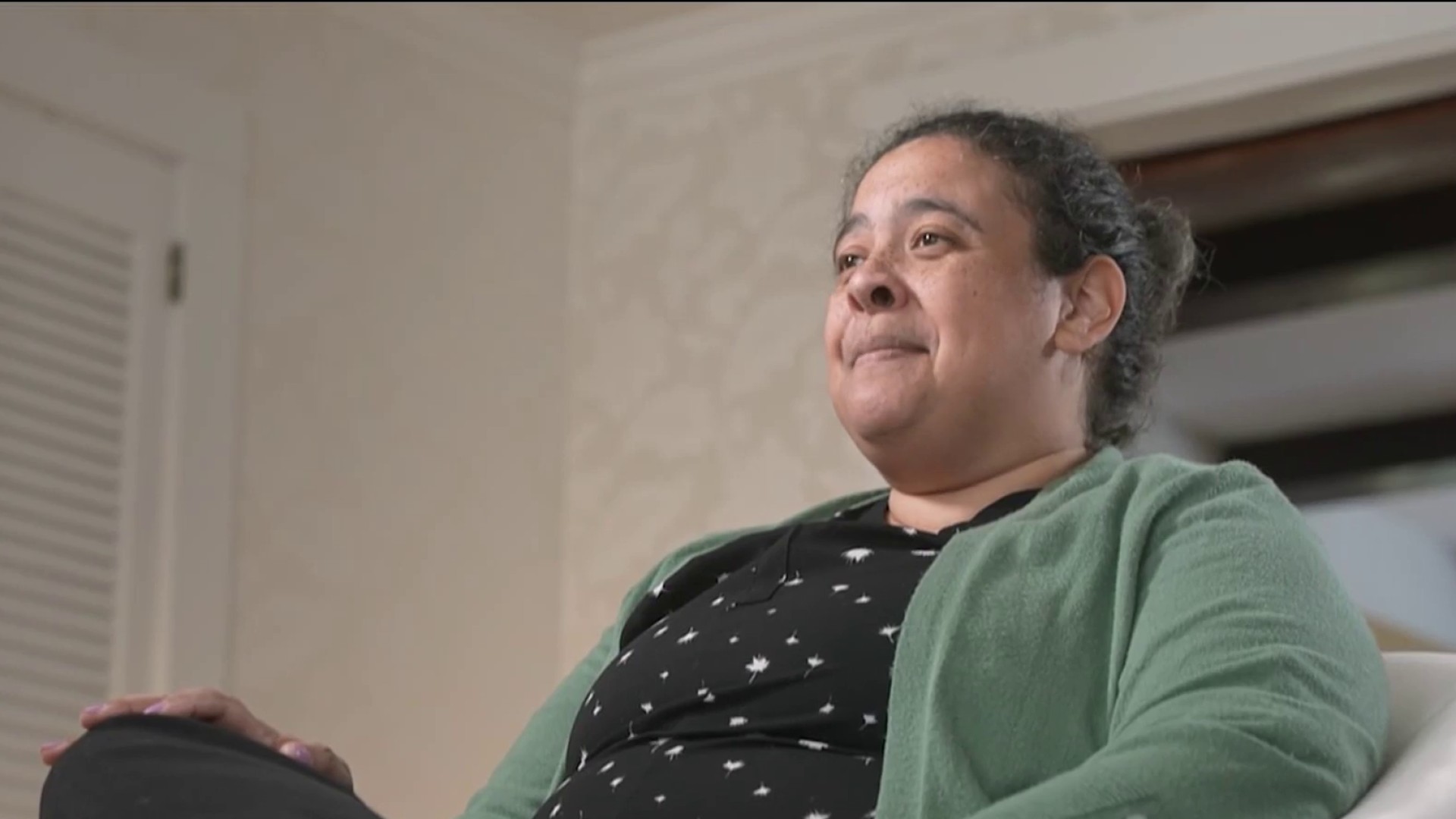It can be tough to get through to teenagers. But a Massachusetts firefighter who survived one of the deadliest nightclub fires in New England is doing it.
He is sharing his experience to better prepare teens before they head out into the world on their own.
WATCH ANYTIME FOR FREE
>Stream NBC10 Boston news for free, 24/7, wherever you are. |
”I'm a survivor of the Station nightclub fire. I know none of you were alive at the time in 2003,” said Onset Fire Capt. Robert Feeney.
He was talking to a group of students at Bourne High School earlier this month, hoping that they might learn something from his story.
Get updates on what's happening in Boston to your inbox. Sign up for our >News Headlines newsletter.
“The fire, as fast as I can look across the ceiling, that's how fast the fire went over,” he told them as photos flashed across a screen. “It went from one end of the club to the other and went from a temperature like it is now to hundreds of degrees.”
In 2003, Feeney was at the Station Nightclub in West Warwick, Rhode Island, to see the band Great White. Pyrotechnics sparked a devastating fire that killed 100 people, including Feeney’s fiancé and two friends.
Somehow, he got out.
“The only sound I could hear at that time was the crackling of wood -- no smoke alarms, no screaming,” he remembered. “I started crawling, crawling till I found a wall, crawled along the wall with my hand, feeling for an open window or anything.”
Feeney, who underwent extensive surgeries for his burns, said he has suffered from survivors’ guilt and PTSD. But talking about that night is therapy for him, and he wants teenagers to keep fire danger top of mind.
“Being a father myself, I think it's something that the high school seniors... getting out of your parent’s house, getting on your own, they don't have the situational awareness of where they're sleeping, where they're hanging out with friends."
He talked about the enhanced safety of sprinkler systems and warns about the danger of older buildings and some off campus housing.
“If it doesn't look safe, it probably isn't,” he told the students. “If you get that feeling in your gut or something doesn't feel right, it's not right.”
He also ran through the history of fatal fires in dorms and off campus housing in the U.S., including the 2013 death of a Boston University student who died in an Allston rental where more than a dozen people were living.
"The girl was on the third floor. Wasn't even supposed to be a bedroom up there because there's only one way in and one way out, and to have a legal bedroom you need two ways in and out,” he said.
He’s hoping the kids remember what he’s telling them.
“I just hope they take away awareness for themselves that they're ultimately responsible for their own safety and not to rely on a business owner or a landlord or anyone else to keep them safe, because they won't,” he said. “And if you go into that building, know that you can get out of it. If you sleep in that house, know that you can wake up and get out of it, you know? And if you look around and you can't, don't be there, then you shouldn't be there.”
The message got through.
“Seeing this presentation and hearing about it I think in the future I very much would be checking any place I’m in to see if I’m able to get out in the case of a fire,” senior Cooper White said.
“It was really sad hearing all this,” said senior Madison Moore. “I might think about it a little bit more now, though, since I’m going off to college in the fall... I'll definitely think about it more.”
Feeney said between 2018 and 2022 there were over 2,600 fires in dorms, fraternities and sororities at schools in Massachusetts.
He said since 2005, every college-related fire fatality in the U.S. has been in off campus housing. The majority of the fires occurred on weekends between midnight and 6 a.m. and had alcohol involved. And more than half of them involved missing or tampered with smoke detectors.
It's something he said parents should talk to their kids about.



